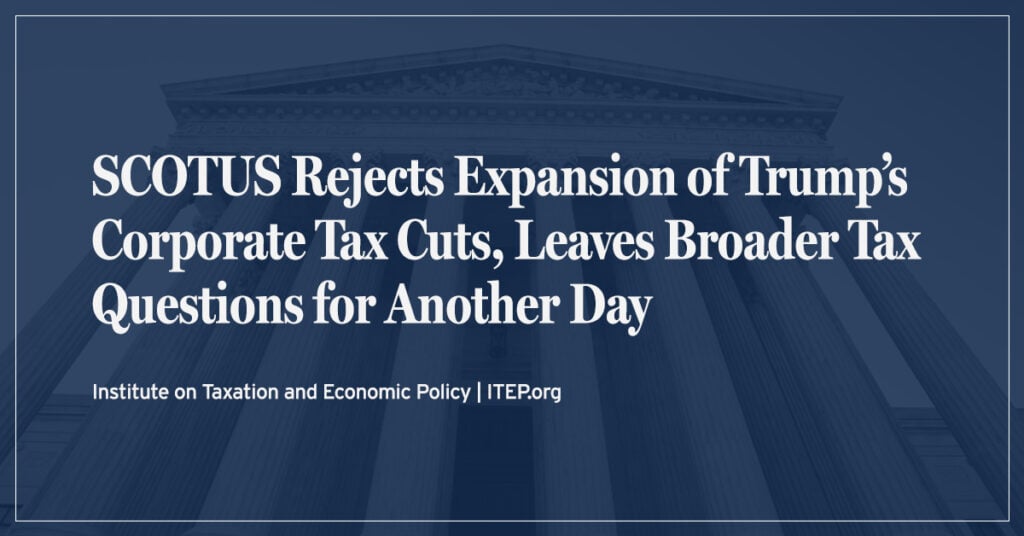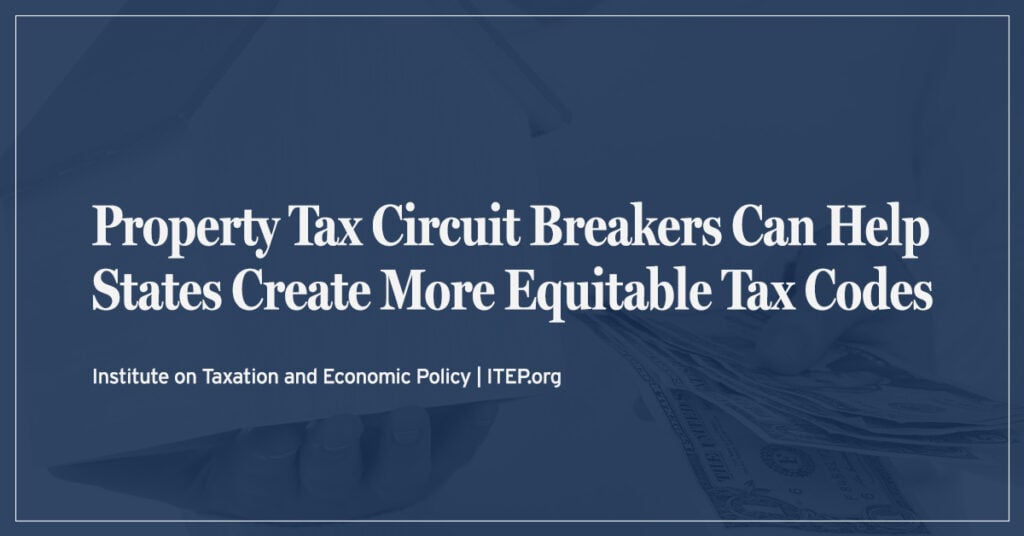Many families are heading out on summer vacations, but legislators across the country are heading back to statehouses for special sessions, most of which are focused on tax cuts. Arkansas and Kansas both gaveled in to enact hundreds of millions of dollars in income and property tax cuts. Connecticut lawmakers convened to address an issue with the state’s vehicle tax. And Gov. Jim Pillen of Nebraska announced a special session on property taxes after the legislature failed to pass his plan to slash property taxes and increase sales taxes to make up for lost revenue.
In other states, proposed constitutional amendments and movements on ballot initiatives are making headlines. In a major decision, California’s Supreme Court ruled unconstitutional an anti-tax measure that would have retroactively increased voter thresholds to raise state and local taxes, barring it from moving to the ballot this November. In North Carolina, legislators are discussing a constitutional change to lower the state’s already stringent cap on personal and corporate income tax rates, inhibiting the state’s ability to raise progressive revenue going forward and tying the hands of future lawmakers.
Major State Tax Proposals and Developments
- Gov. Sarah Huckabee Sanders has signed legislation that will cut income tax rates in ARKANSAS for the fourth time in less than two years. The most recent cut will lower the state’s top personal income tax rate to 3.9 percent, reduce its corporate income tax rate to 4.3 percent, and increase the state homestead property tax credit. The legislation is expected to cost $483 million the first year with nearly 75 percent of the cut going to households in the top 20 percent of income earners. – NEVA BUTKUS
- The CALIFORNIA Supreme Court ruled that the anti-tax Taxpayer Protection Act cannot appear on the November ballot. The measure would have severely limited the state’s ability to raise revenue by retroactively requiring two-thirds voter approval on all local tax increases and requiring state tax increases to also go to the ballot for majority support. The court unanimously ruled that the measure “would substantially alter our basic plan of government” and therefore would require two-thirds approval by the legislature and a revision to the constitution. – ELI BYERLY-DUKE
- KANSAS Gov. Laura Kelly and the state legislature came to a tax cut compromise during their special session. The result: $2 billion in lost revenue via tax cuts over the next five years. The legislation will reduce the state’s personal income tax brackets from three to two, increase the state standard deduction and personal exemption, create a new dependent exemption, exempt all Social Security income from tax, increase the nonrefundable child and dependent care credit, and increase the homestead exemption to $75,000 (up from $42,000). – NEVA BUTKUS
State Roundup
- CONNECTICUT lawmakers will meet for a special session this week to consider a measure that will affect the state’s vehicle tax. The goal is to avoid an unintended tax increase on commercial vehicles registered in municipalities where the mill rate is higher than the statewide cap.
- LOUISIANA Department of Revenue Secretary Richard Nelson is making the case that the state should expand its sales tax base and eliminate sales tax exemptions to “buy down” the state’s personal and corporate income tax rates.
- NEBRASKA Gov. Jim Pillen announced that he will call the legislature into a special session between July 25 and August 15 to work on property tax reductions. He has not yet released his proposal for doing so but recently said he would like the state to take over K-12 education funding entirely.
- A vote on NEW JERSEY‘s state budget could come as early as this week after lawmakers agreed on a deal that includes a 2.5 percent surtax on corporations earning over $10 million in profit. Notably, this means legislators will not pursue a proposal that would have increased the sales tax rate from 6.625 percent to 7 percent.
- NORTH CAROLINA lawmakers are pursuing a more stringent constitutional amendment that would lower the cap that corporate and personal income taxes can be set from 7 percent to 5 percent. If passed by the legislature, the constitutional amendment would require a simple majority vote by North Carolina voters to be enacted. According to an ITEP analysis, this would result in nearly $9 billion in potential lost revenue with $7 billion of that alone from lost personal income tax revenue. If passed, well over two-thirds of the total would flow to the top 20 percent of households in the state with average annual incomes of more than $300,000.
- An OREGON initiative petition to create a universal basic income funded by an increase in corporate minimum taxes seems likely to be included on the November ballot. The measure would establish a 3 percent tax on corporations’ sales in Oregon above $25 million and distribute that money equally among Oregonians of all ages, which would be about $750 per person, according to the proponents of the measure.
- With gas tax collections falling and transportation funding suffering, WASHINGTON state legislators are looking into imposing a retail delivery fee that consumers would pay on products delivered to them.
What We’re Reading
- Pediatrician Dr. Céline Sparrow discusses for Brazelton Touchpoints Center at Boston Children’s Hospital the connections she sees between state and federal Child Tax Credits and outcomes for her patients and their families, particularly those living at or near the poverty line.
- Steve Wamhoff, ITEP’s federal policy director, offers helpful commentary on the U.S. Supreme Court’s recent decision upholding the constitutionality of a tax on offshore corporate profits, which will also have major implications on the potential for future attempts at enacting a tax on wealth or unrealized gains. Moreover, Professor Brian Galle explains how states could play a big role in implementing wealth taxes.
- ITEP’s Brakeyshia Samms wrote last week about how tax policy has long been embedded in the Black American story, and earlier this week about the potential for property tax “circuit breaker” policies to improve equity in state tax codes.
If you like what you are seeing in the Rundown (or even if you don’t) please send any feedback or tips for future posts to Aidan Davis at [email protected]. Click here to sign up to receive the Rundown via email.





